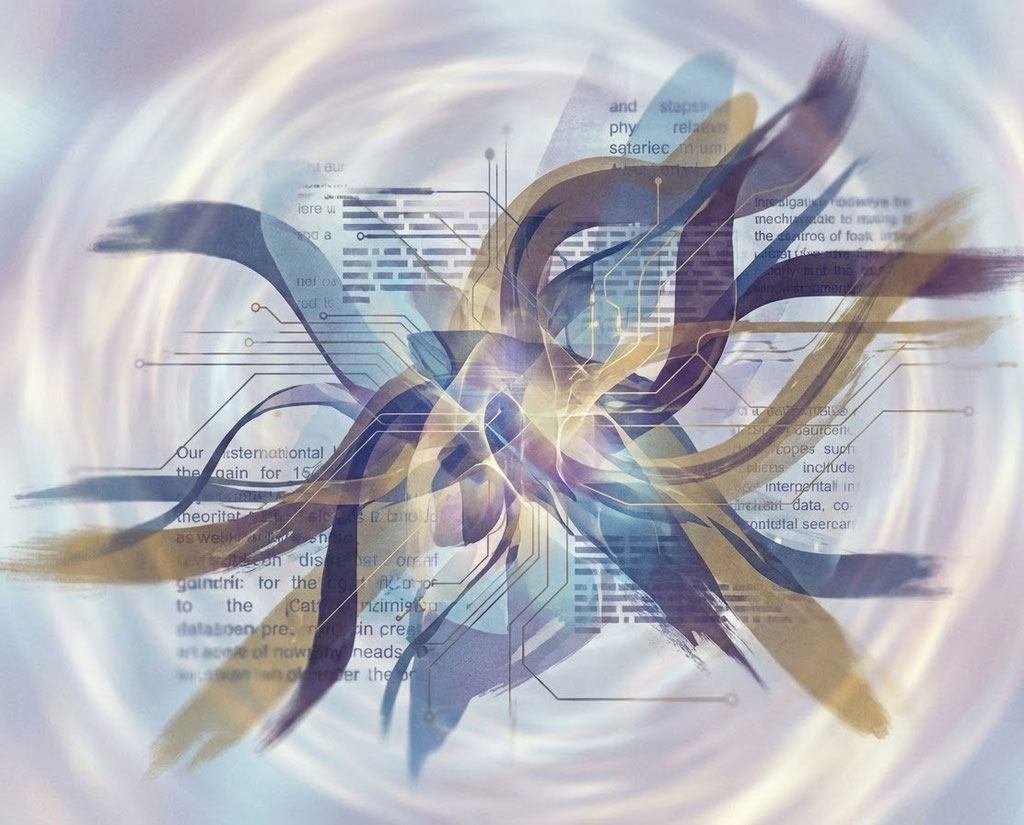
It sure is nostalgic to think how exciting e-mail was 20 years ago. Only a few of us were using it. It was such a novelty that even at work, even in our spare time, it was a joy to get a message from somebody. We were wanted. Maybe even needed!
Flash forward to today and e-mail notifications are constant. The only way I can stay on top of it, see important messages and achieve "inbox zero" is to be ruthless with spam mail and redirect my subscriptions and bills into special folders. But my inbox has nothing on that of a CEO's or an all-call workers, who is expected to be available at just about any time to deal with a crisis.
How to see what's important? Well, besides the filters and the noises, Microsoft has a new idea: delivering an "electrical stimuli" (a shock?!) to let people know when a message such as an e-mail will arrive. That sure would be one way to make sure you don't miss a missive from a loved one, but wow.
"Techniques are designed herein that are capable of providing electrical stimuli to skin of a user to convey informtion to the user," reads a patent from Microsoft, which explains it could be used for everything from message notifications to telling a user when their physical condition would change. "For instance, the electrical stimuli may inform the user of an event, a condition, etc."
There are several ways this stimuli could be achieved, the patent continues. Perhaps the mobile device could have a circuit directly in contact with the user's skin. Perhaps there is a sensor that could be used instead, or it could be embedded in clothing.
Now, just because the patent is available doesn't mean this would go into general use, but there are health concerns that would need to be addressed. How much of a shock? Is it good for people to constantly be startled like this, physically or mentally? Can companies require this technology be used of workers, or can somebody choose to opt out?
Here's the greater question, too: just how important is e-mail? Deserving enough to be embedded in our car systems, offered as a notification option on Google Glass or Apple Watch, or perhaps worthy of skin stimulus? Can we afford to step away from e-mails from a few hours every day, or can we afford to?
These are questions that companies and workers must ask themselves as technology like this becomes available. Do you have a better way of managing e-mail? Let us know by launching a HeroX challenge.
Top image: Wikimedia Commons








